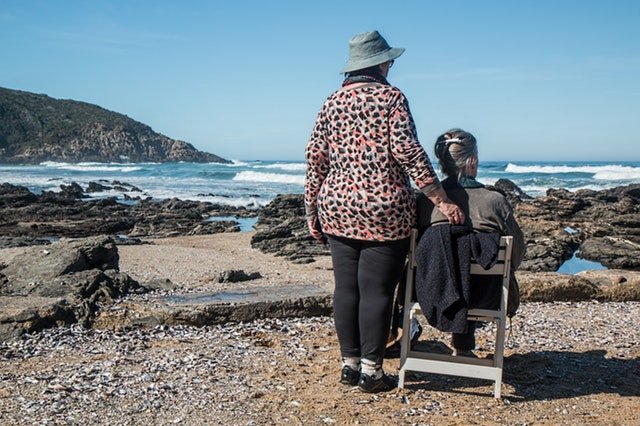
In a recent study, researchers have made a big discovery that could lead to a drug that actually reverses aging.
Such a drug could improve DNA repair and greatly improve people’s life.
The study was conducted by scientists from Harvard University and University of New South Wales
While our cells have an innate capability to repair DNA damage, which happens every time we go out into the sun, for example. But their ability to do it declines as we age.
In this study, the researchers conducted experiments in mice and suggest a treatment is possible for DNA damage from aging and radiation.
The team found that the metabolite NAD+ has a key role as a regulator in protein-to-protein interactions that control DNA repair.
NAD+ is naturally present in every cell of our body.
Previous work of the team had already established that NAD+ could be useful for treating various diseases of aging, female infertility and also treating the side effects of chemotherapy.
In the study, they treated mice with an NAD+ precursor, or “booster,” and found this could improve mice cells’ ability to repair DNA damage caused by radiation exposure or old age.
Human trials will begin this year at Brigham and Women’s Hospital, in Boston.
The discovery is a critical step in the molecular process that allows cells to repair damaged DNA.
One population group that could benefit from this discovery is survivors of childhood cancers.
Research shows 96% of childhood cancer survivors suffer a chronic illness by age 45.
This includes heart disease, Type 2 diabetes, Alzheimer’s disease, and cancers unrelated to original cancer.
These chronic health conditions could make the patient age faster. The researchers believe that they can something about that with the molecule studied in the research.
The findings also have attracted the attention of NASA, which believes the treatment can help its Mars mission.
NASA currently faces the challenge of keeping its astronauts healthy during a four-year mission to Mars.
Even on short missions, astronauts experience accelerated aging from cosmic radiation, suffering from muscle weakness, memory loss, and other symptoms when they return.
On a trip to Mars, the situation would be far worse: 5% of the astronauts’ cells would die and their chances of cancer would approach 100%.
But cosmic radiation is not only an issue for astronauts. We’re all exposed to it aboard aircraft, with a London-Singapore-Melbourne flight roughly equivalent in radiation to a chest x-ray.
In theory, the same treatment could mitigate any effects of DNA damage for frequent flyers.
The lead author Professor David Sinclair is from the UNSW School of Medical Sciences and Harvard Medical School Boston.
The research is published in Science.
Copyright © 2019 Knowridge Science Report. All rights reserved.
Source: Science



